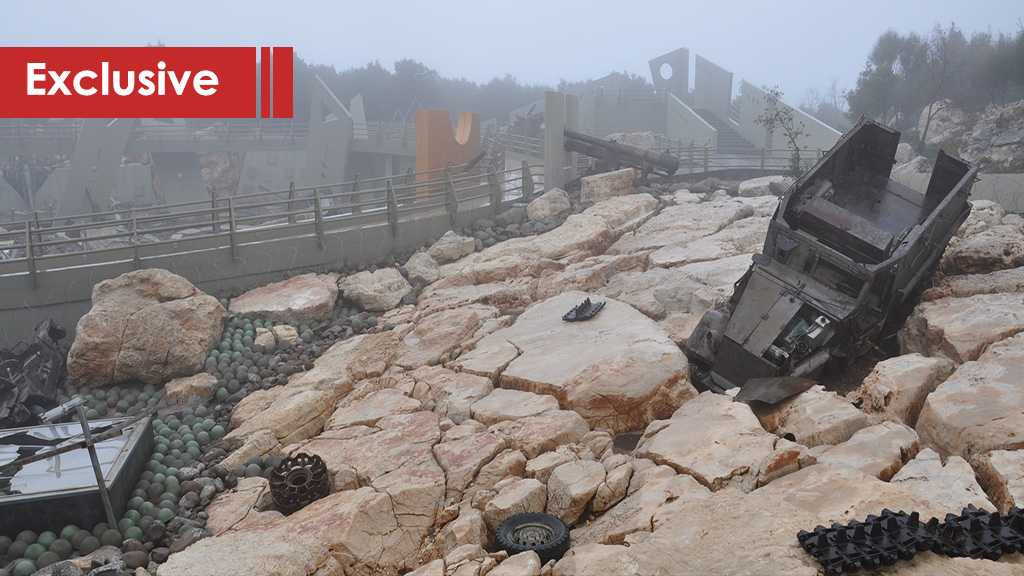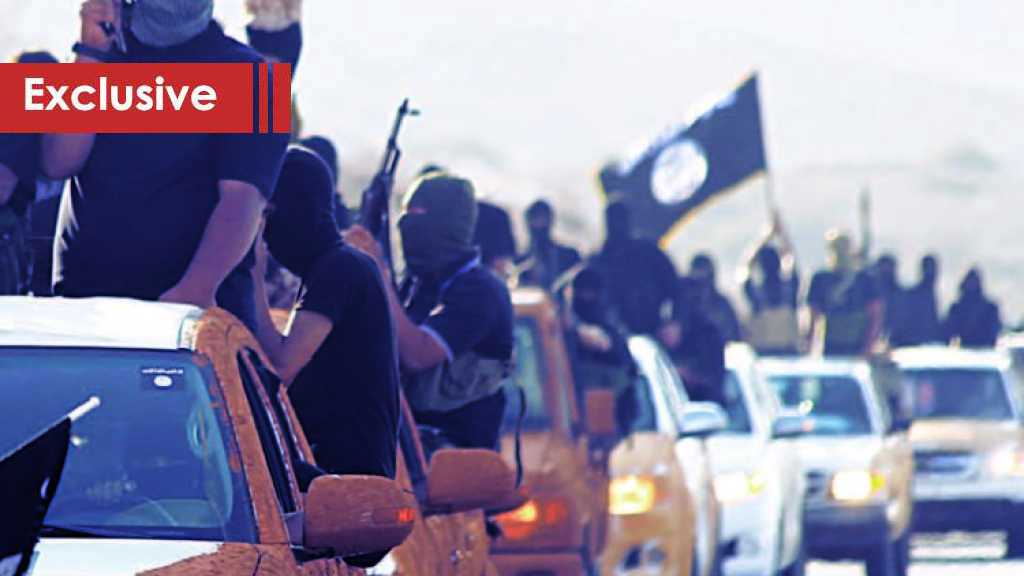Sanctions against Social Ethics

Hussein Samawarchi
The practice of social responsibility needs for all to be proactive, one way or another, in bringing equality for fellow community members. It is when the more able member of society assists the less fortunate for the purpose of maintaining a general social equilibrium of education and wealth. Everyone should be entitled to an equal opportunity to realize his or her ambitions and full potential; the tools that lead to improving one’s situation are availed by others knowing that the betterment of the individual member yields a healthier society for all.
Protecting the rights of every person is a main deterrent against the decline of moral standards which, in its turn and in so many cases, is a direct result of social frustration. Hence, the display of a sound sense of social responsibility by all would ultimately serve in eliminating, to a great degree, many factors that lead to corruption – a healthier social setup evolves.
This is a part of the teachings of Islam; justice has to be prioritized if we are to live in the comfort of safety. And, the application of justice goes beyond the classical judicial system. Islam dictates the founding of courts manned by wise and highly educated judges; it doesn’t stop there though. It also dictates that justice is practiced to a person’s best ability with family, neighbors, colleagues, friends, and anyone who is weaker. Justice is a part of social responsibility in Islam.
When the word “Hezbollah” is mentioned anywhere, the resistance is the first thing that comes to the mind of the majority of people. The image of a heroic patriot walking up a hill on a cold rainy night with his brothers, leaving the warmth of his family to ensure that his home and the homes of his neighbors are protected against the “Israeli” saboteur.
These brave men of the Lebanese resistance have relied, mostly, on simple weapons during the years extending from 1982 – nothing worth millions of dollars like tanks or fighter jets. They showed the world that a successful resistance relies more on the hearts of the people than on the class of armament. They showed that volunteers achieve more victories than professional highly paid soldiers and mercenaries.
The United States is talking about further sanctions against Hezbollah. They, allegedly, impose sanctions for the “noble” purpose of preventing a government or an organization from acquiring weapons. Knowing that the defense strategy of the resistance does not depend on tactical items that need great expenditures, it can be clearly seen that whatever the magnitude of the sanctions is, it will not affect the military aspect. The defense combat gear comprises rifles that are decades- old and even older rocket-propelled grenades. The maximum in cost might be night vision binoculars but those can be purchased over the counter globally under the commercial category of civilian and recreational gadgets.
As for some more sophisticated weapons like modern compact anti-tank and aircraft arms, plenty has been left behind in Iraq and Syria and in pristine condition by the dozen or more terrorist factions armed to the teeth with compliments of “Israel” and other terror-supporting countries. Stockpiles upon stockpiles have been seized.
So, what are the sanctions targeting?
One might argue that affecting the overall financial situation of Hezbollah would influence the salaries of its members negatively, resulting in their eventual dismay from a worsening personal financial situation leading to desertion. That would have been the case if they were fighting for financial gain. Nevertheless, the overwhelming majority of the men of Hezbollah are volunteers and they avail themselves for purely patriotic reasons; as poetic as it sounds, the truth is that their payment is the honor of fighting for their country.
As for those who serve on a full-time basis, their salaries are covered with donations from local businesses which are sufficient. At this point, it is worthy of mentioning that the salary of the highest paygrade in Hezbollah is that of the Secretary-General. The amount is USD 1,400.
Again. What are the sanctions targeting?
The answer is clear. The sanctions are against the fabric of the society that contains Hezbollah. They are against Social responsibility and justice. They target civil establishments linked to the general population falling directly and indirectly under the geographical region where Hezbollah and Muslims exist. These establishments include orphanages, educational institutions for the financially underprivileged, non-profit medical centers, charities, women empowerment centers, vocational training institutes for young adults with special needs, and more.
The American administration that still gives billions of dollars in the form of unconditional annual aid to “Israel” for the purpose of building more illegal settlements on Palestinian raped land and arming its terrorist army along with Daesh [the Arabic acronym for terrorist ‘ISIS/ISIL’ group] mercenaries wants to close down Lebanese charities that take care of society.
They aim to financially suffocate civilian institutions that direct the social compass towards higher human values. The concept of “education and justice for all” is the enemy in the scope of American sanctions. The recent move against the UNRWA is sufficient proof of that.
Contemptible acts like targeting the livelihoods and the future of the youth and the needy can only be described as animosity towards humanity. There’s no doubt that certain aspects will suffer here and there. Still, one must keep in mind that this is a social set up built by the people who excel in the culture of resilience and creativity. History has it written in its pages: The Lebanese will always prevail. How can they not when they have such leaders as Sayyed Hassan Nasrallah in their ranks.
Source: Al-Ahed News




